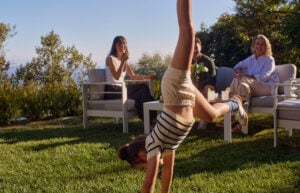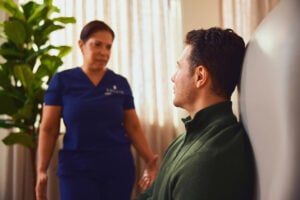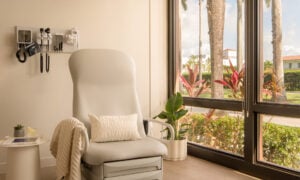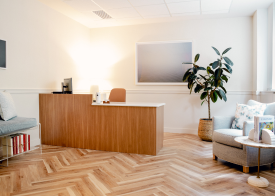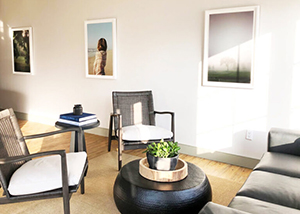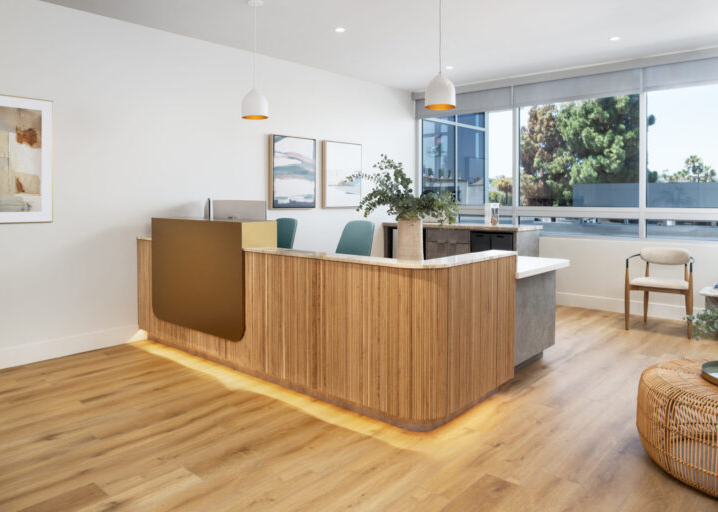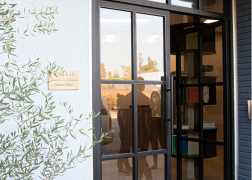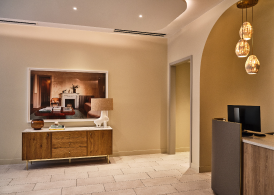How do you describe PCOS?
Polycystic ovary syndrome is a very common hormone disorder in women that happens during the childbearing age. Women with PCOS have a hormonal imbalance causing enlarged ovaries with small cysts on the outer edges. This can result in many complications related to metabolism and infertility.When did you first learn that you had it?
I only learned I had PCOS when I went to a fertility specialist to learn about freezing my eggs, at age 33. I was describing some symptoms, past acne, and high egg count based on the AMH blood test I did with my OBGYN and my fertility doctor’s immediate reaction was the possibility I might have PCOS.Was it difficult to diagnose?
It was extremely difficult to diagnose because I didn’t know much about the condition or any of the symptoms to look out for. My OBGYN never put certain pieces together even though I had one of the biggest signs: high egg count via my AMH blood test. Women with PCOS can have AMH levels two to three times higher than women the same age without PCOS. AMH is an indicator of your egg count, and can give you an idea of how many eggs you are able to freeze in one cycle. I also had random acne in my early 30s that came out of nowhere. It was so bad I had to get on medication when nothing else topical worked. I had also experienced some digestive issues that I later learned can be related as well.“I was already anxious about freezing my eggs—semi-avoiding the process in general—and having PCOS just added another layer to the already stressful process. I felt like I was already behind, and that is never a good feeling.”
How did PCOS affect your personal life currently? How did it affect your anxiety?
Since I didn’t find out I had it until age 33 and PCOS affects your egg quality, it was a little bit of a panic feeling to get my egg freezing journey started. My anxiety spiked immensely because I felt like I was already behind, and that is never a good feeling. I was already anxious about freezing my eggs (semi-avoiding the process in general), and having PCOS just added another layer to the already stressful process. But once I had this diagnosis, I knew the time was now.What was it like to open up about mental health on social media?
At first, it was a bit daunting because you are deciding to be vulnerable with tons of strangers from all over the world, but then I realized that I am extremely lucky to be in a position this day in age where I can use this platform to voice certain struggles and be an advocate for mental health awareness. And the responses I’ve received since then are all the more validating. I think talking about any mental health topic on social media is so important because so many other people are feeling similarly. Opening up the conversation can help that one person who needs to hear he/she/they isn’t alone. The more people talk about it, the more we can all help one another find tools that work for each of us, seek therapy and share resources.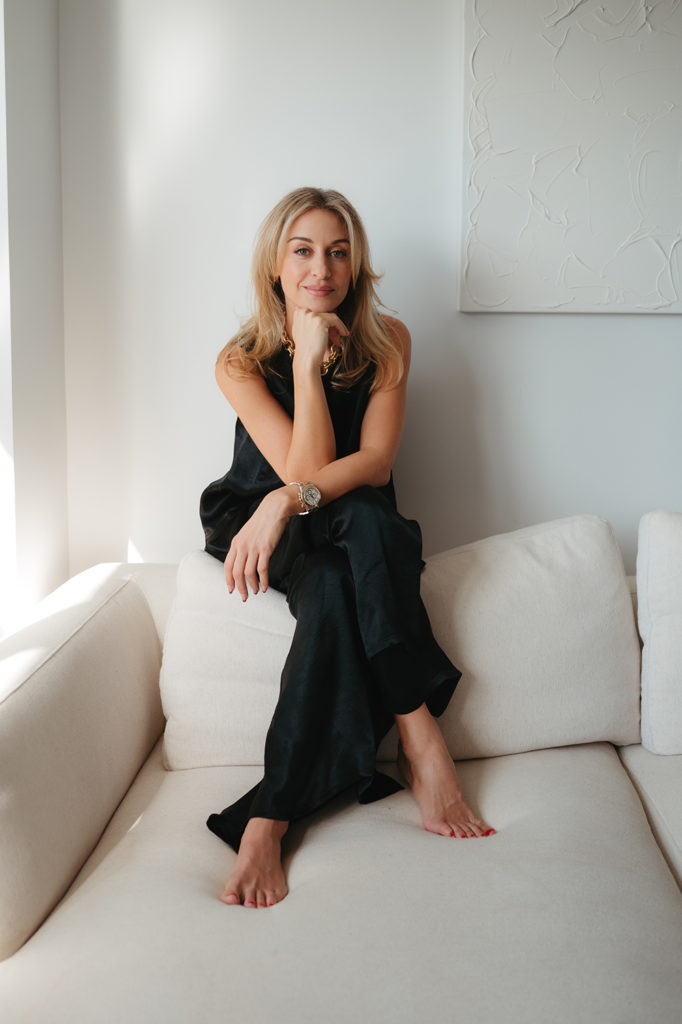
What do you wish you knew about anxiety?
I wish I understood the nature of anxiety earlier on. To know that you are actually in control of your thoughts and can turn them around by making a conscious effort to see the good, to be kinder to yourself and others, and to take some breaths to stop the never-ending spiral is incredibly powerful. I also wish I had known that the reality is it will likely be with you to some capacity forever; so instead of wishing it would go away or asking myself “When am I going to not feel anxious every morning when I wake up?” I could welcome it, acknowledge that it’s present, and then use tools to manage it. Which brings me to the last thing I wish I knew: more tools to manage my anxiety. I am so grateful now that when I am feeling anxious I go directly to my tool kit to see what I can do to help move through what I am feeling.How do you take care of yourself on a regular basis?
Moving my body is what helps most, so making that a priority is something that is non negotiable for me. I started #sanitywalks during the pandemic and have implemented them into my daily life ever since. Some days I only get to do 10 minutes but I try and get the most out of those 10. Other tools are therapy, drinking water, getting eight hours of sleep, and taking alone time to decompress. Alone time and completely shutting off my brain is very important for me to do but also something I struggle with being an entrepreneur and living a very social life. I forget to prioritize spending time alone to decompress from work and being “on.” When I am not incorporating these things into my day, I see my anxiety heighten and know I need to reprioritize to better help my mental health.“Talking about mental health on social media is important because so many other people are feeling similarly. It can help that one person who needs to hear he/she/they isn't alone. The more people talk about it, the more we can all help one another.”
What are the kinds of conversations you have with family, friends, and even partners about PCOS and anxiety?
Most of the conversations I have are around education and sharing what I know with friends and family. So much about PCOS hasn’t been spoken about and only now are people more aware of what it is and what it means. This has motivated me to use another platform of mine, my brand building company Alise Collective, to curate panels with experts in the industry to talk about things like PCOS, fertility, and gut health, to open up a safe space to ask the questions you’re too embarrassed to ask, and to connect with others that may be dealing with the same thing. The more I can provide that space and community for others, the more normalized these issues can become so that everyone is equipped with the right information to set a course of action that works for them.
What is your advice to other women who have or think they have these conditions?
Knowledge is power. Get educated and be your own advocate when at the doctor’s office. There are so many times when I wish I went into a doctor’s appointment more prepared and knowledgeable about certain areas I either wanted more information about or to fact check what I read on Google (because most of the time it needs correcting). Being your own advocate in the medical setting can be very intimidating, but you know your body best so it’s important to speak up and even push back if you don’t feel like you are being heard or something doesn’t feel right.
What has Sollis been able to provide you?
It’s great to know I have a place to go to in case of emergency!
What do you look for in a doctor?
I always look for Eastern meets Western medicine because the combination of wellness and healthcare is what is going to get me to where I need/want to be. It can definitely take some extra energy to get both perspectives, but to me it’s worth it so that I can properly adjust my lifestyle while getting the medical assistance needed to optimize.
